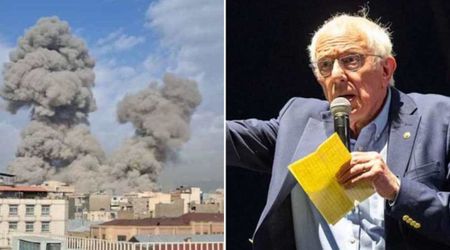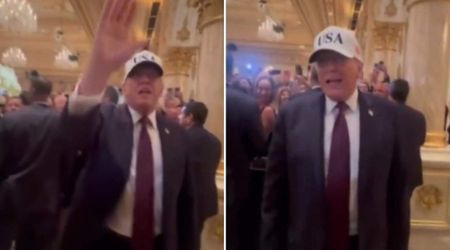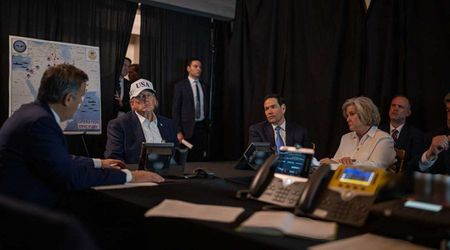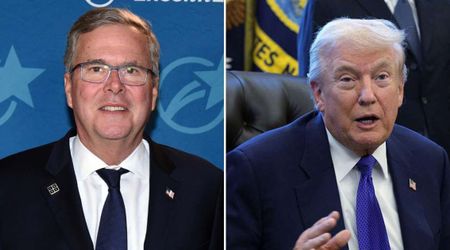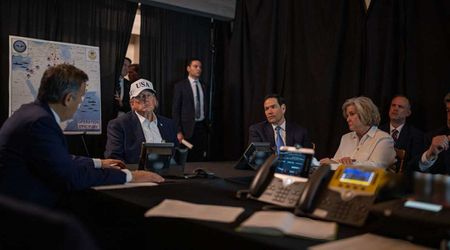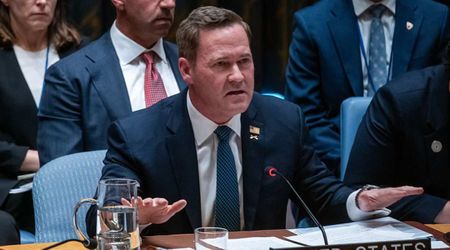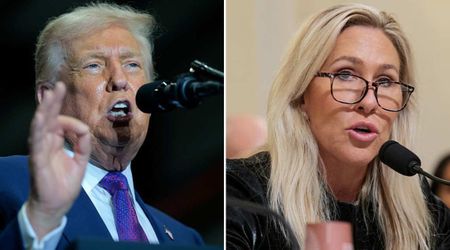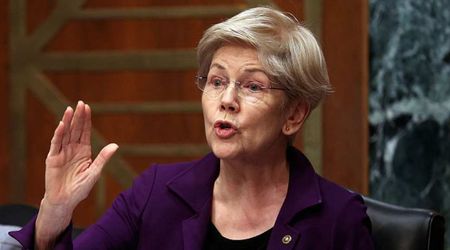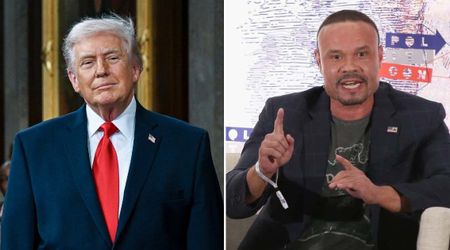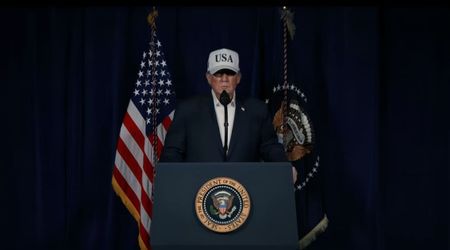Here's a closer look at the 12-member jury that will decide Donald Trump's fate in hush money case
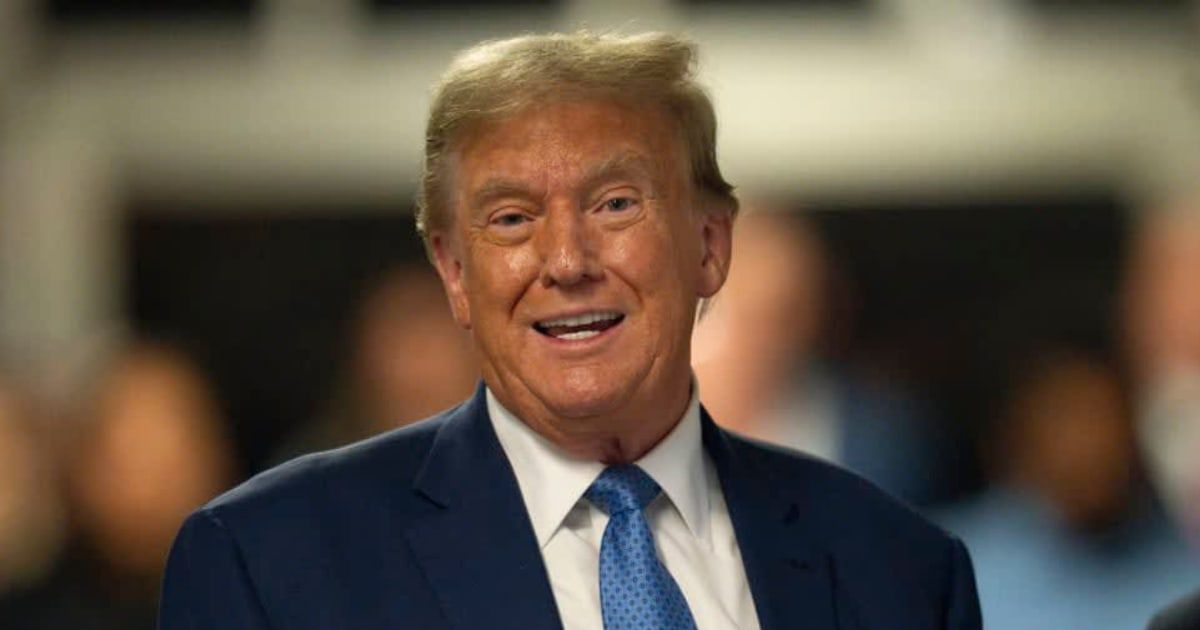
NEW YORK CITY, NEW YORK: Former President Donald Trump's 12-panel hush money trial jury began their deliberations on Wednesday, May 29, after hearing testimonies of several witnesses for nearly one and a half months.
However, the 12 New Yorkers ended the first day of deliberations without reaching a verdict in the historic criminal trial against the 45th president.
Before the trial started, selecting an impartial jury from a heavily Democratic state was the most discussed concern. Nevertheless, Judge Juan Merchan successfully selected the panel with six additional members in the first week of the trial.
Trump faces 34 counts for falsifying business records to cover up a $130,000 payment to adult film actress Stormy Daniels before the 2016 election in exchange for her silence about their sexual encounter.

Now, the jury will decide whether to convict Trump or not, playing a significant role in shaping the defendant's political future.
Secrecy of hush money trial jurors' identity
The jurors' identities remained anonymous throughout the trial, a thing Judge Merchan ensured because of possible harassment against them.
The judge directed the media not to reveal any information that could reveal the jury's identity and restricted access to it.

During the selection, two seated jurors were dismissed after they raised concerns about their privacy in the high-profile trial.
Backgrounds of the hush money trial jurors
The panel consists of seven men and five women, of whom six are married and three have children. Also, the panel comprises members from various professional and educational backgrounds.
Three of them have a college education. According to Forbes, the panel includes two attorneys, two educators, a software engineer, a security engineer, a physical therapist, a salesman, an investment banker, a businessman, a product manager, and a retired wealth manager.
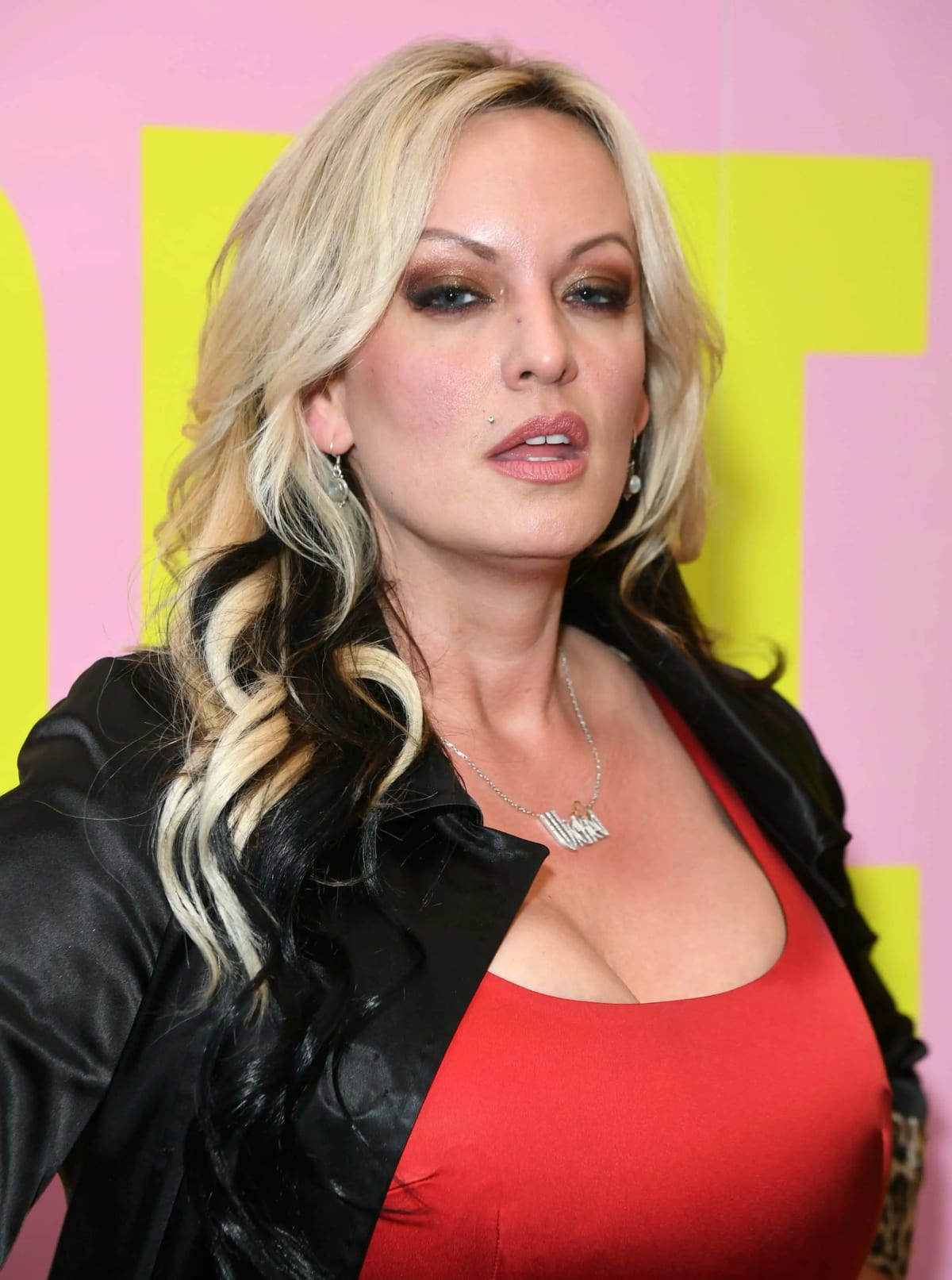
Nine of them moved to New York from other places, of which two lived in Ireland and Lebanon, respectively. Though all declared to be impartial towards Trump, two significantly disagreed with the former president, and one admitted she did not concur with “a lot of his politics and his decisions as a president."
Where do the jurors get their news from?
The source from which the jurors consume their news was one of the questions during the selection.
Pool reports indicated that The New York Times was the most mentioned source among the 12 jurors. Other frequently cited outlets included the Wall Street Journal and social media.
One of the jurors, who is an investment banker, followed Trump's Truth Social posts shared on X and posts from the ex-president's fixer-turned-foe Michael Cohen, the trial's star witness, and Kellyanne Conway.
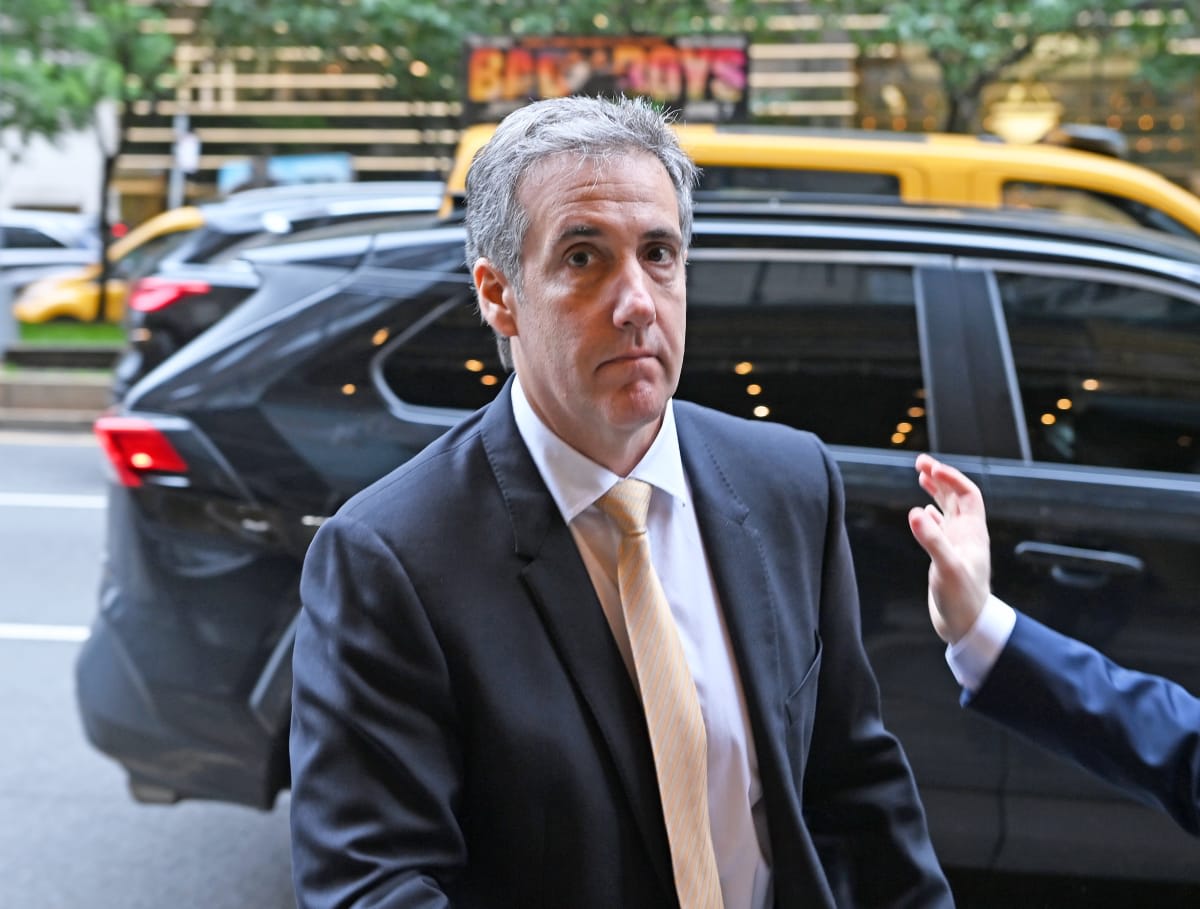
In addition, five of them revealed they do not follow news closely. Meanwhile, one of them, a teacher, indicated she was not fond of news related to politics.
Does the Trump jury need to be unanimous when convening for the second day?
Judge Merchan's instruction about unanimity among jurors on whether to convict Trump raised confusion among many.
He said all 12 of them should reach a unanimous verdict that Trump falsified the business records to cover up the hush money payment, which was unlawful. However, according to Newsweek, they do not need to unanimously agree on the unlawful means, i.e., what crime he was trying to hide.

After ending the first day of deliberations without a verdict, the jury will convene on Thursday, May 30.

